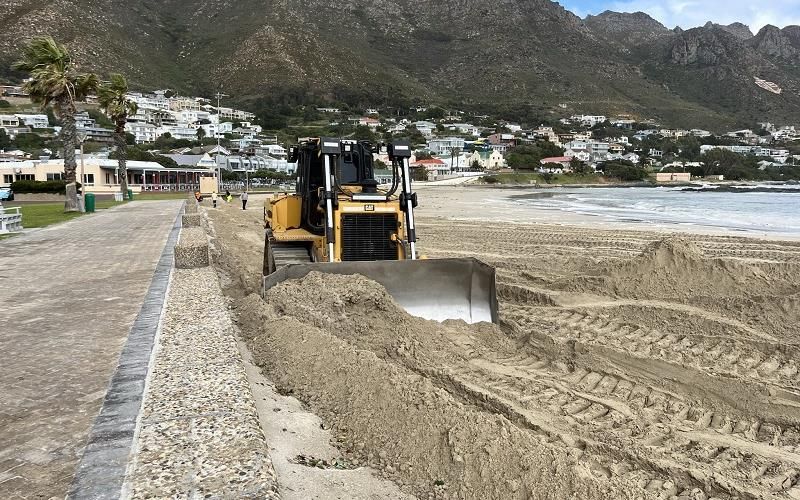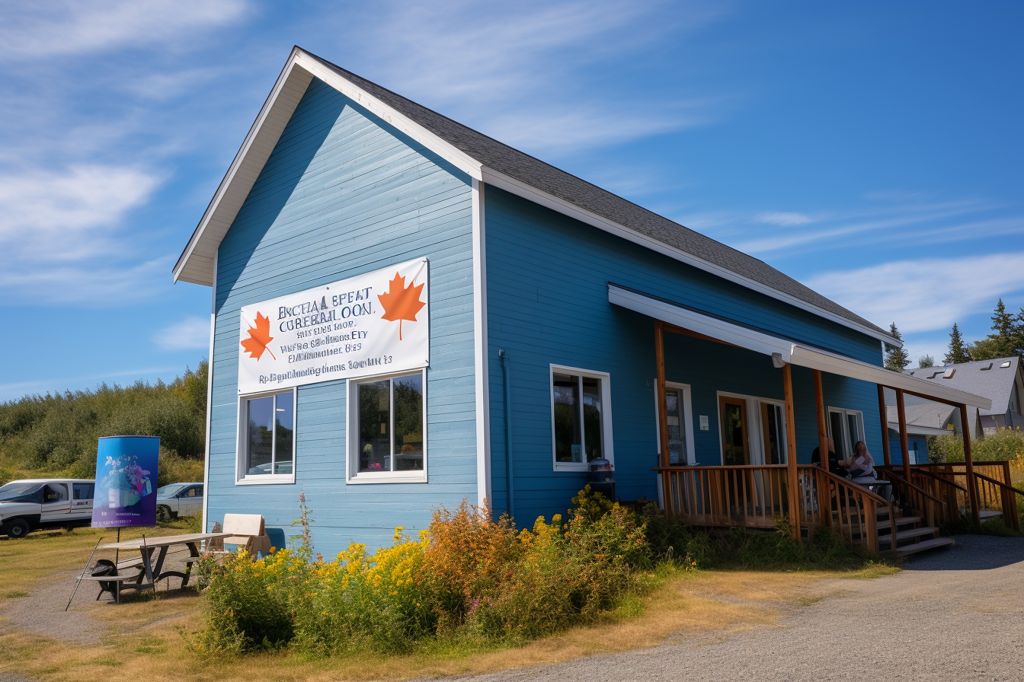The City of Cape Town’s annual beach lowering program is set to begin on September 6th at Fish Hoek beach, followed by Muizenberg, Gordon’s Bay, and Bikini Beach. This essential project is aimed at mitigating the effects of windblown sand and maintaining ecological stability in altered coastal systems.
The Role of Beach Lowering in Preserving Cape Town’s Coastlines
Beach lowering, also known as re-profiling, plays a crucial role in preserving Cape Town’s beautiful coastlines. Windblown sand problems can cause damage to nearby infrastructure and create an unpleasant experience for beachgoers. By mechanically lowering the sand, the process minimizes these problems and ensures that both residents and visitors can fully enjoy these natural wonders.
The Areas Scheduled for Beach Lowering
The beach lowering program will take place at Fish Hoek beach, Muizenberg beach, Gordon’s Bay beach, and Bikini Beach. The goal is to complete the project on all four beaches by the end of November, well ahead of the festive season. By allowing larger sections of the beach to remain wet during high tides, the potential for windblown sand to inundate surrounding roads and infrastructure is reduced.
The Importance of Cape Town’s Coastal Environment
Cape Town’s beaches have a rich history as a hub for artistic and cultural expression. They have long been a source of inspiration for poets, painters, and photographers. Furthermore, these coastal environments provide essential ecosystems for various marine life, highlighting the importance of maintaining ecological stability.
The Benefits of the Annual Beach Lowering Program
The annual beach lowering program not only demonstrates the City’s commitment to preserving its coastal environment, but also contributes to the local economy by ensuring pristine conditions for recreational users. It provides a welcoming atmosphere for tourists, who are drawn to Cape Town’s breathtaking coastlines. Ultimately, this program benefits the city’s residents, businesses, and visitors, ensuring that Cape Town’s beaches remain captivating destinations for generations to come.
As the annual beach lowering program unfolds, it serves as a timely reminder of our shared responsibility in preserving these natural treasures. The City of Cape Town’s commitment to maintaining the delicate balance between human activity and ecological sustainability serves as a shining example for coastal cities worldwide. The annual beach lowering program is not only an essential maintenance effort but also a testament to the enduring allure of Cape Town’s coastal environment.








